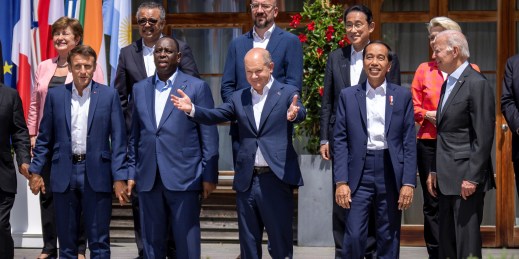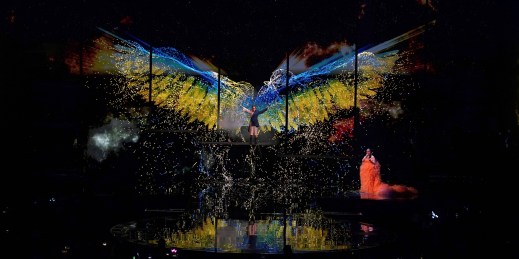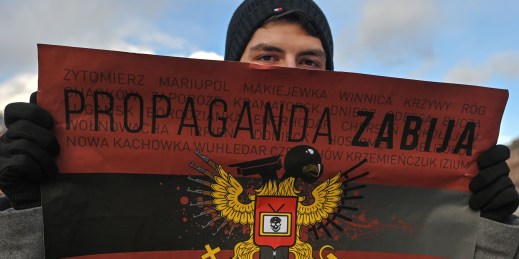
For the past year, leaders of the Global South have resisted Western pressure to take a tougher position against Russia’s invasion of Ukraine by seeking to broaden the discussion to include a global order they see as being built on—and perpetuating—political and economic inequities. It seems that effort may be bearing fruit.


